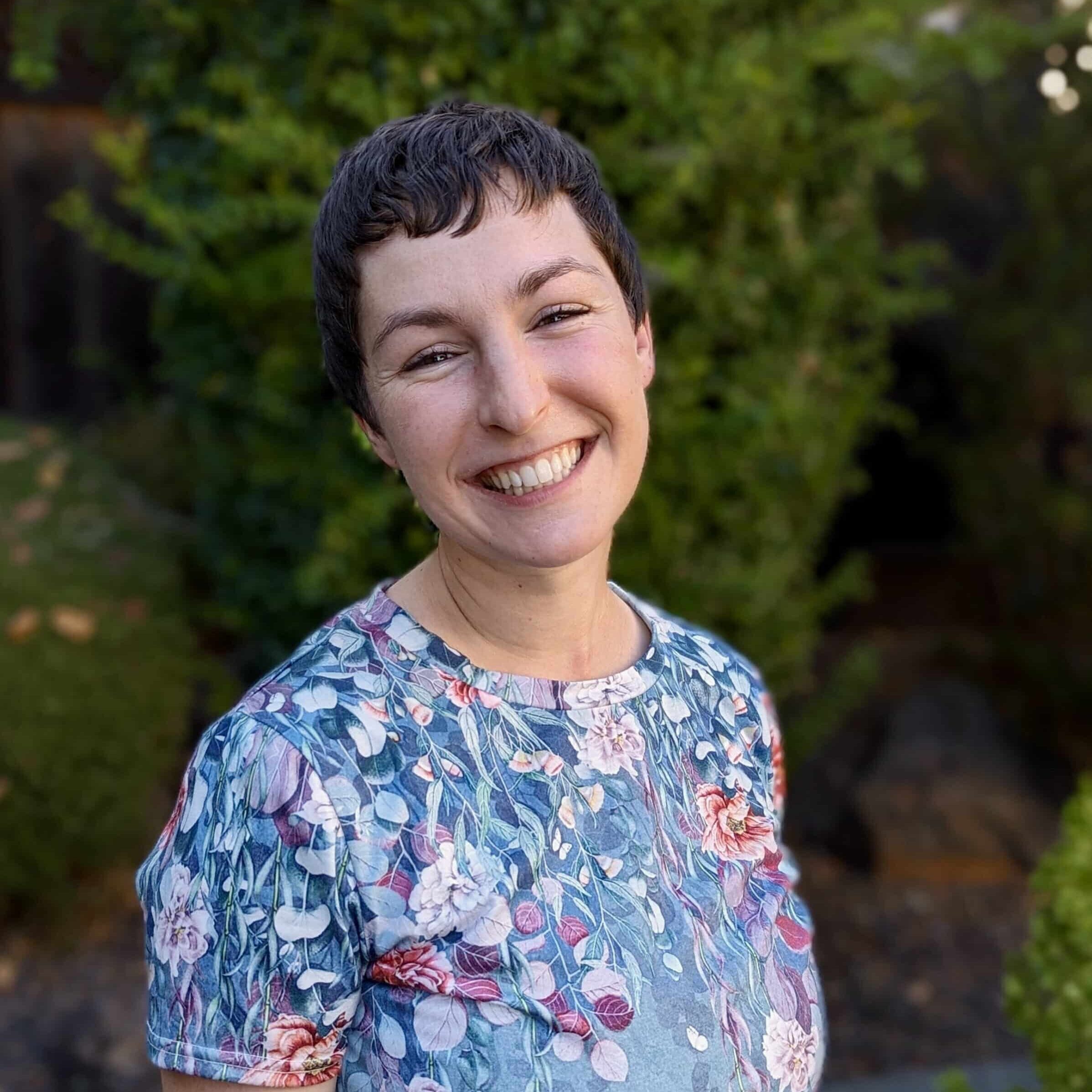Dual diagnosis isn’t just a new trendy medical term. It’s truly an effective addiction treatment. An addiction so often occurs with and is linked to mental health disorders that the separate treatment of them in people with both no longer makes sense. Ardu’s Utah dual diagnosis treatment can give those suffering from mental health disorders and addiction the best chance to recover.
Treating a dual diagnosis patient for their addiction alone does not address the root of the problem. Just like when weeding a garden, if you don’t remove the root then the weed will just return. There are a variety of mental health disorders that addiction can coexist with. These can include but aren’t limited to:
If you suffer from addiction along with a mental health disorder then dual diagnosis treatment is probably the best thing for you to help you manage your symptoms. Inpatient dual diagnosis treatment centers can treat the addiction itself while also working to enhance your personal and mental health.
Up to 65% of people who abuse substances have a co-occurring disorder, and they are most effectively treated concurrently. Treatment of substance abuse and mental health concerns used to be completed separately, but research over the last several years indicates that the two diagnoses frequently go hand-in-hand and benefit from being treated together; this is referred to as dual diagnosis treatment. Frequently those with a mental health concern attempt to self-medicate in order to try to feel better, which can eventually lead to addiction and has a compounding effect on the mental illness, even though short term it might seem like it is helping the person feel better.
A co-occurring diagnosis can be a major influence and contributor to substance abuse and addiction because when additional chemicals are introduced to the neurotransmitter structure of the central nervous system, this can amplify symptoms of addiction or a mental health disorder and lead to a much more significant problem. Corner Canyon Health Centers is an experienced dual diagnosis treatment center that is dedicated to treating both substance abuse and co-occurring disorders.
A dual diagnosis is also called a co-occurring disorder. This term is used when someone experiences a mental illness as well as a substance use disorder. Dual diagnosis is not itself a diagnosis but a specific combination of diagnoses.
Approximately 21 million people in the U.S. have a substance use disorder this along with another 8 million that live with a mental illness make a dual diagnosis more common than initially thought.
At Corner Canyons dual diagnosis treatment center our medical, psychiatric, and clinical team completes a full assessment prior to beginning treatment planning for our patients. This is crucial for an effective intervention since each individual’s concerns are different. A cookie-cutter approach frequently misses essential factors that are influencing the person and can impede progress if not addressed.
Dual diagnoses can improve quickly if treated concurrently since one concern influences the other. Once a client is fully assessed they begin to participate in Corner Canyon’s treatment program, which includes components that address each individual’s concerns. Co-occurring diagnoses in clients who abuse substances include:
The most effective treatment of substance use disorders includes concurrent treatment of co-occurring mental health disorders. Corner Canyon’s diagnostic and treatment teams evaluate whether these disorders exist, then plan treatment that addresses these concerns behaviorally, mentally, emotionally, and with medication if necessary.
Someone with a dual diagnosis must treat both conditions that are affecting them in order to see an improvement in their health. For the dual diagnosis treatment to be effective you need to stop using alcohol or drugs since they make the condition worse. There are a number of effective treatment options available for people with a dual diagnosis.
A thorough assessment is needed to determine if you or a loved one have co-occurring disorders. At Corner Canyons Utah residential treatment center, our inpatient services can help you treat any substance abuse issue that is coinciding with mental health concerns. We do so by determining what is causing the self-medicating and addiction and helping the client change the cycle into a healthier one. With various helpful treatment methods, we can get to the root of the problem and help our clients get their lives back. To learn more, fill out the form online or contact us to schedule an evaluation.
We do not accept Medicare or Medicaid.
Corner Canyon now accepts most major insurances including.
We understand the challenge of paying for mental health services and now work with a number of providers to ensure you get the care you need. While some insurance plans may not provide full coverage, our team can work with you on a case-by-case basis.
Get in contact with our team to verify your insurance and find out your options.
Fill out our Online Application here or call us at 877-226-0317 and you will receive a return call, text, or email quickly, depending on what you specify. We want you to have the best experience possible with us from start to finish, and responsive communication is part of that.
Call us at 877-226-0317 or email admissions@cornercanyonhc.com
